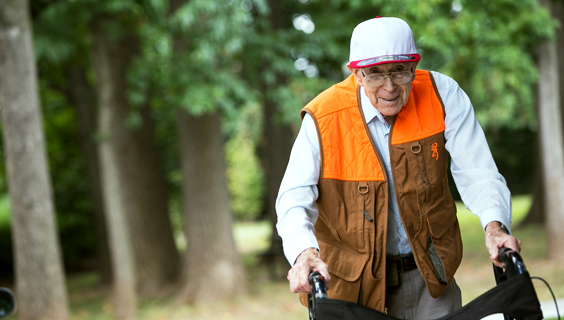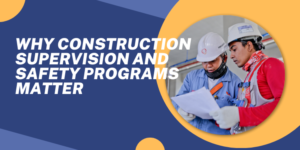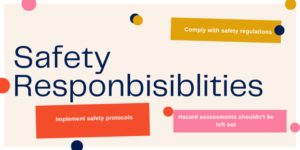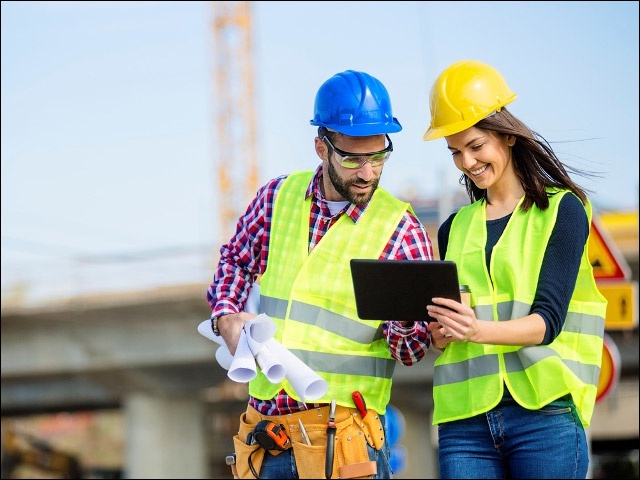A simple thing can change your life—like tripping on a rug or slipping on a wet floor. If you fall, you could break a bone, like thousands of older men and women do each year. For older people, a break can be the start of more serious problems, such as a trip to the hospital, injury, or even disability.
If you or an older person you know has fallen, you’re not alone. More than one in three people age 65 years or older falls each year. The risk of falling—and fall-related problems—rises with age.
Many Older Adults Fear Falling
The fear of falling becomes more common as people age, even among those who haven’t fallen. It may lead older people to avoid activities such as walking, shopping, or taking part in social activities.
But don’t let a fear of falling keep you from being active. Overcoming this fear can help you stay active, maintain your physical health, and prevent future falls. Doing things like getting together with friends, gardening, walking, or going to the local senior center helps you stay healthy. The good news is, there are simple ways to prevent most falls.
Causes and Risk Factors for Falls
Many things can cause a fall. Your eyesight, hearing, and reflexes might not be as sharp as they were when you were younger. Diabetes, heart disease, or problems with your thyroid, nerves, feet, or blood vessels can affect your balance. Some medicines can cause you to feel dizzy or sleepy, making you more likely to fall. Other causes include safety hazards in the home or community environment.
Scientists have linked several personal risk factors to falling, including muscle weakness, problems with balance and gait, and blood pressure that drops too much when you get up from lying down or sitting (called postural hypotension). Foot problems that cause pain and unsafe footwear, like backless shoes or high heels, can also increase your risk of falling.
Confusion can sometimes lead to falls. For example, if you wake up in an unfamiliar environment, you might feel unsure of where you are. If you feel confused, wait for your mind to clear or until someone comes to help you before trying to get up and walk around.
Some medications can increase a person’s risk of falling because they cause side effects like dizziness or confusion. The more medications you take, the more likely you are to fall.
What to Do If You Fall
Whether you are at home or somewhere else, a sudden fall can be startling and upsetting. If you do fall, stay as calm as possible.
Take several deep breaths to try to relax. Remain still on the floor or ground for a few moments. This will help you get over the shock of falling.
Decide if you are hurt before getting up. Getting up too quickly or in the wrong way could make an injury worse.
If you think you can get up safely without help, roll over onto your side. Rest again while your body and blood pressure adjust. Slowly get up on your hands and knees, and crawl to a sturdy chair.
Put your hands on the chair seat and slide one foot forward so that it is flat on the floor. Keep the other leg bent so the knee is on the floor. From this kneeling position, slowly rise and turn your body to sit in the chair.
If you are hurt or cannot get up on your own, ask someone for help or call 911. If you are alone, try to get into a comfortable position and wait for help to arrive.
Carrying a mobile or portable phone with you as you move about your house could make it easier to call someone if you need assistance. An emergency response system, which lets you push a button on a special necklace or bracelet to call for help, is another option.




